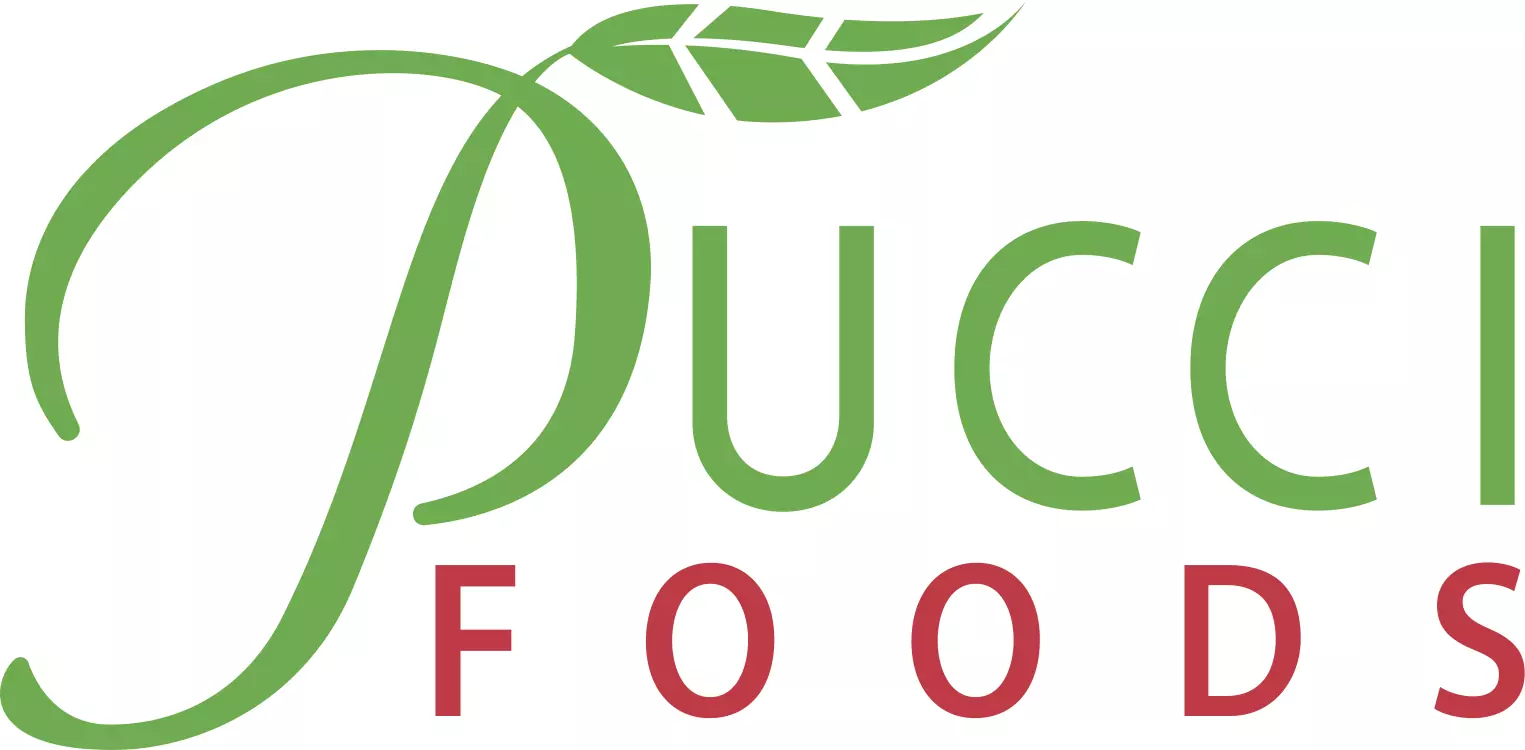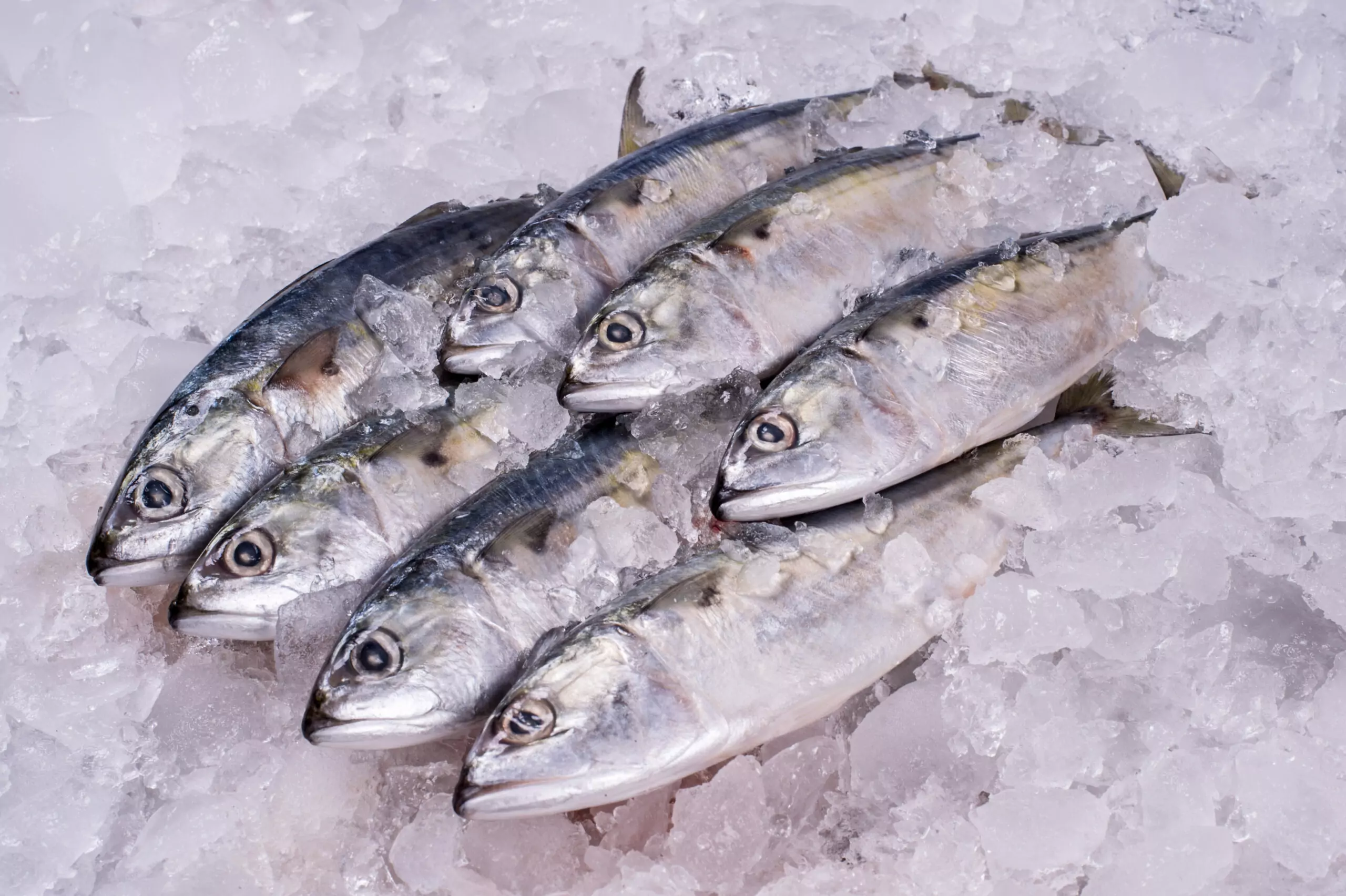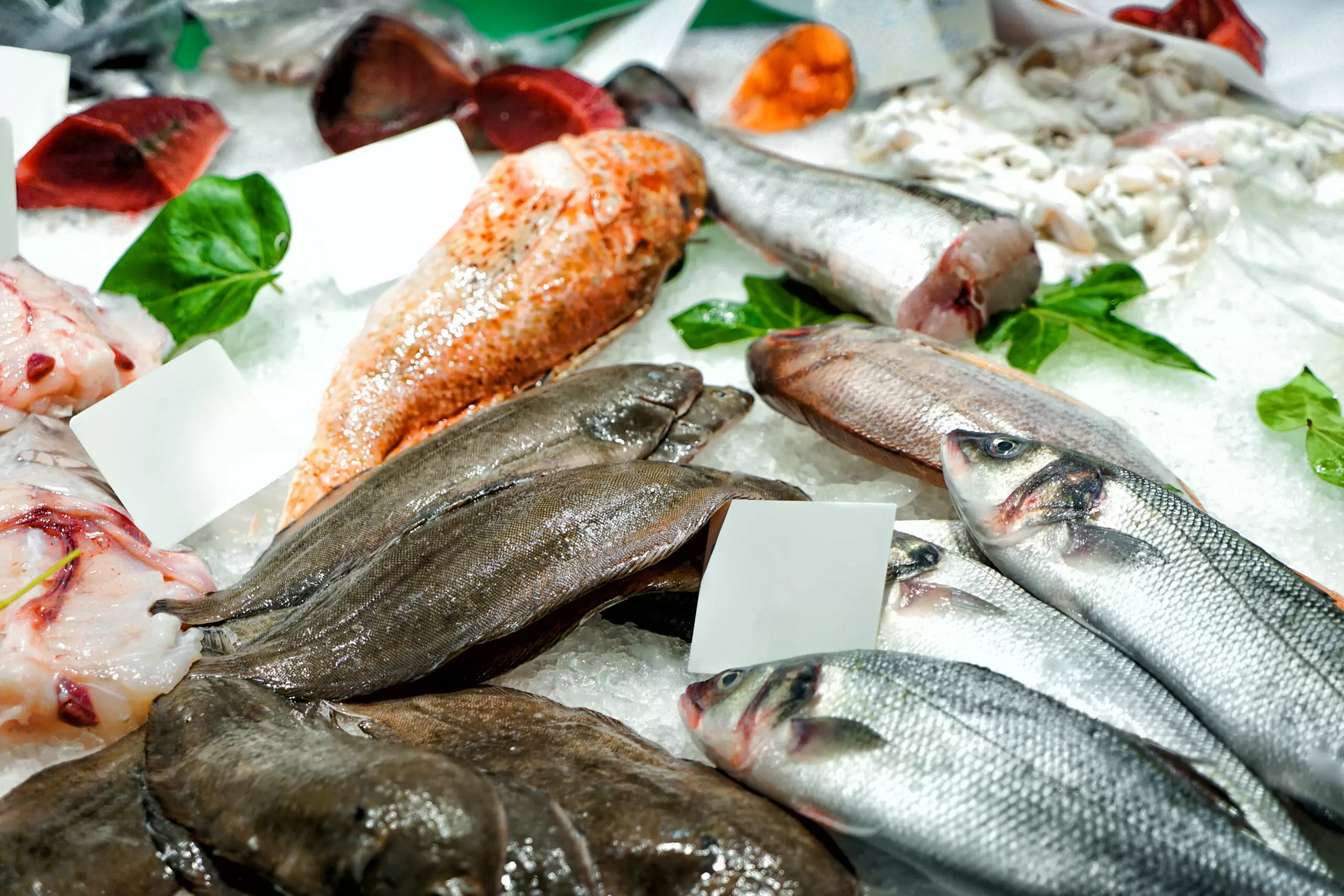
On my weekly trip to the local grocery market here in the Bay Area, I make it a point to seek out organic, free-range, antibiotic-free chicken, beef, and pork. These labels tell me that my choice of protein is healthy and not full of pharmaceutical drugs or growth hormones. But it is different for seafood. Walking into any grocery store or market in the Bay Area, customers will see labels like “sustainable,” “wild-caught,” and “farm-raised”, with no mention of antibiotics.Yet the “antibiotic free” label on farmed fish is actually becoming more common in the seafood industry, alongside consumer awareness. The growth of aquaculture has brought forth concerns over the use of drugs, much the same as other food industries.
On my weekly trip to the local grocery market here in the Bay Area, I make it a point to seek out organic, free-range, antibiotic-free chicken, beef, and pork. These labels tell me that my choice of protein is healthy and not full of pharmaceutical drugs or growth hormones. But it is different for seafood. Walking into any grocery store or market in the Bay Area, customers will see labels like “sustainable,” “wild-caught,” and “farm-raised”, with no mention of antibiotics.Yet the “antibiotic free” label on farmed fish is actually becoming more common in the seafood industry, alongside consumer awareness. The growth of aquaculture has brought forth concerns over the use of drugs, much the same as other food industries. That’s partly because consumers have been trained to think of industrial, large-scale farming as inherently bad, unless it’s organic or free-range.
Fortunately for the seafood industry and our consumers, farmed fish are actually quite healthy and perfectly safe to consume–especially here in the United States. The industry has identified areas that need rigorous monitoring, such as the development of antibiotic resistant bacteria, but that’s why it’s so important for seafood professionals to stay informed, especially here in the San Francisco Bay Area. Our health-conscious customers (SF is the sixth healthiest metropolitan area in the U.S.!) will appreciate your time and energy in making certain they have only the highest quality selection of seafood products along with current information about the industry. I encourage you to make sure your seafood clerks are prepared to answer questions about antibiotics and antibiotic resistant bacteria in seafood.
Adapting Aquaculture
The issues with antibiotics start with aquaculture. Aquaculture is growing more rapidly than all other animal food-production sectors, which means the industry has to adapt at lightning speed. Like other large-scale farming operations, in aquaculture finfish and shellfish are kept in high densities in relatively small areas, which means lots of potential for quickly spreading bacteria and illness. Some aquaculturists will even use heavy prophylactic antibiotics so they don’t have to deal with disease outbreaks.
Trace amounts of antibiotics in seafood is not the only concern; bacteria are also becoming resistant to antibiotics. Fortunately, the industry has recognized this potential as a top concern and regulatory agencies will be actively testing farmed seafood products.
A recent study investigated the presence of 47 antibiotics in seafood products from 11 different countries. The results showed very low levels of antibiotics in seafood products, all of which were in compliance with U.S. regulations and deemed quite safe for human consumption. The study does recommend keeping up monitoring for antibiotics but shifting the focus more towards testing for antibiotic resistant bacteria, since low levels of antibiotics can foster the growth of resistant bacteria over time.
So while aquaculture products are safe to consume, it’s important to purchase your wholesale seafood from trusted sources, such as those rated by Seafood Watch or offered by environmentally conscious distributors. Seafood from these sources will be more closely monitored than others. When your customers see you’re taking the time and effort to offer them only the best seafood options, they’ll come back to your seafood counter time and again.
Safety in the Seafood Supply Chain: Suggestions and Talking Points for Vendors
Bay Area consumers care about how their food was grown and raised–we’re the second most organic-obsessed city in the country, after all, and also one of America’s best food cities. That means you’re likely to face questions from customers about antibiotics and seafood safety. If you and your seafood clerks stay well-informed and prepared for tough questions, it’ll go a long way towards establishing and maintaining trust and loyalty with your clientele. Take the initiative when it comes to talking about aquaculture. Our suggestions:
- Offer specific information cards about the most sustainable and closely monitored aquaculture products that you offer
- Have talking points ready to address concerns about antibiotics and safety:
- Currently, only four different kind of antibiotics are allowed for use in aquaculture in the U.S.
-
- Research has shown no threat to human health from aquaculture products in the United States, but regular monitoring will continue
-
- Purchasing seafood from highly regulated aquaculture is best (be certain your clerks can recommend specific products you sell at your seafood counter or items on your menu)
-
- For concerned customers, be sure to inform them about any antibiotic-free farmed fish you carry or let them know that healthy alternatives to antibiotics are being developed!
We know that talking about seafood safety can be a tricky issue, which is why it’s so important to be confident about your seafood products. Make sure your wholesaler can provide you with responsibly farmed, fresh seafood that you can be proud of.
Safe, Quality, Seafood Products for Your Customers
As we rely more and more on aquaculture as a source of seafood, we have to learn to take the same health precautions as we do with our other sources of protein. As this happens, it’s vital that professionals in the seafood industry stay informed and are able to answer all customers questions in addition to offering healthy aquaculture products. Visit the Pucci Foods catalog today and find your healthy seafood options from one of the most trusted distributors in the San Francisco Bay Area.


